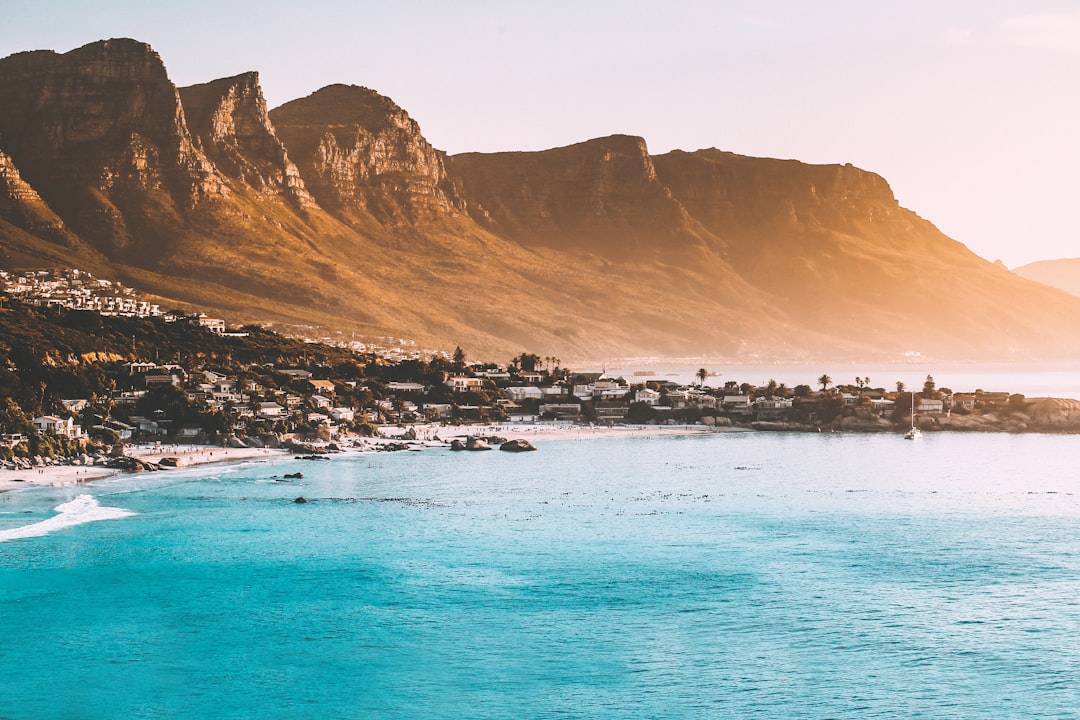
I’m back from South Africa! Today’s post will be a little bit different—more on the travel writing side. I’ve found that one of the more mystifying parts of life is figuring out how one likes to vacation and/or travel—after years trying out combinations of reading in various beautiful locales, partying, eating everything I can get my hands on, hiking, and solo/coupled/group traveling, I’m close to identifying what my perfect vacation looks like.1
And South Africa was pretty damn near perfect. Not just because it has gorgeous vistas of mountains that dive suddenly into the bluest waters, but because South Africa was like the dress. If you’re over the age of 20, you likely recall the dress that launched a thousand debates in 2015 over what colors a simple dress was—white & gold or blue & black? How could one dress evoke such discordant perceptions among people? And what the hell does that have to do with Sout…



